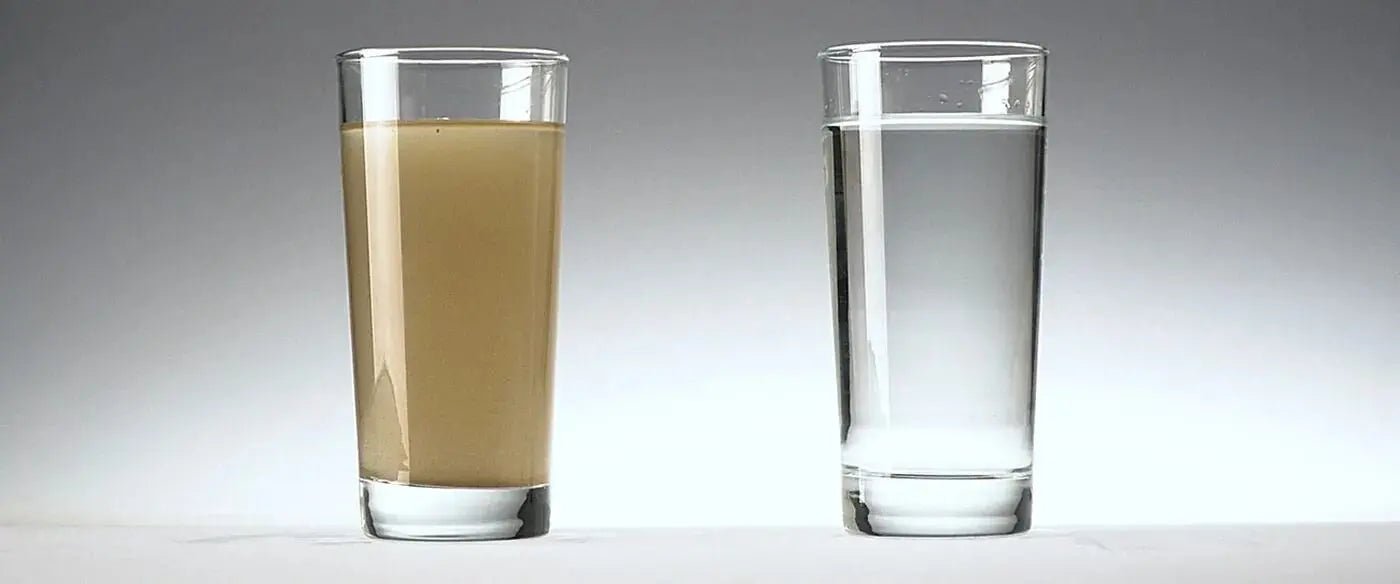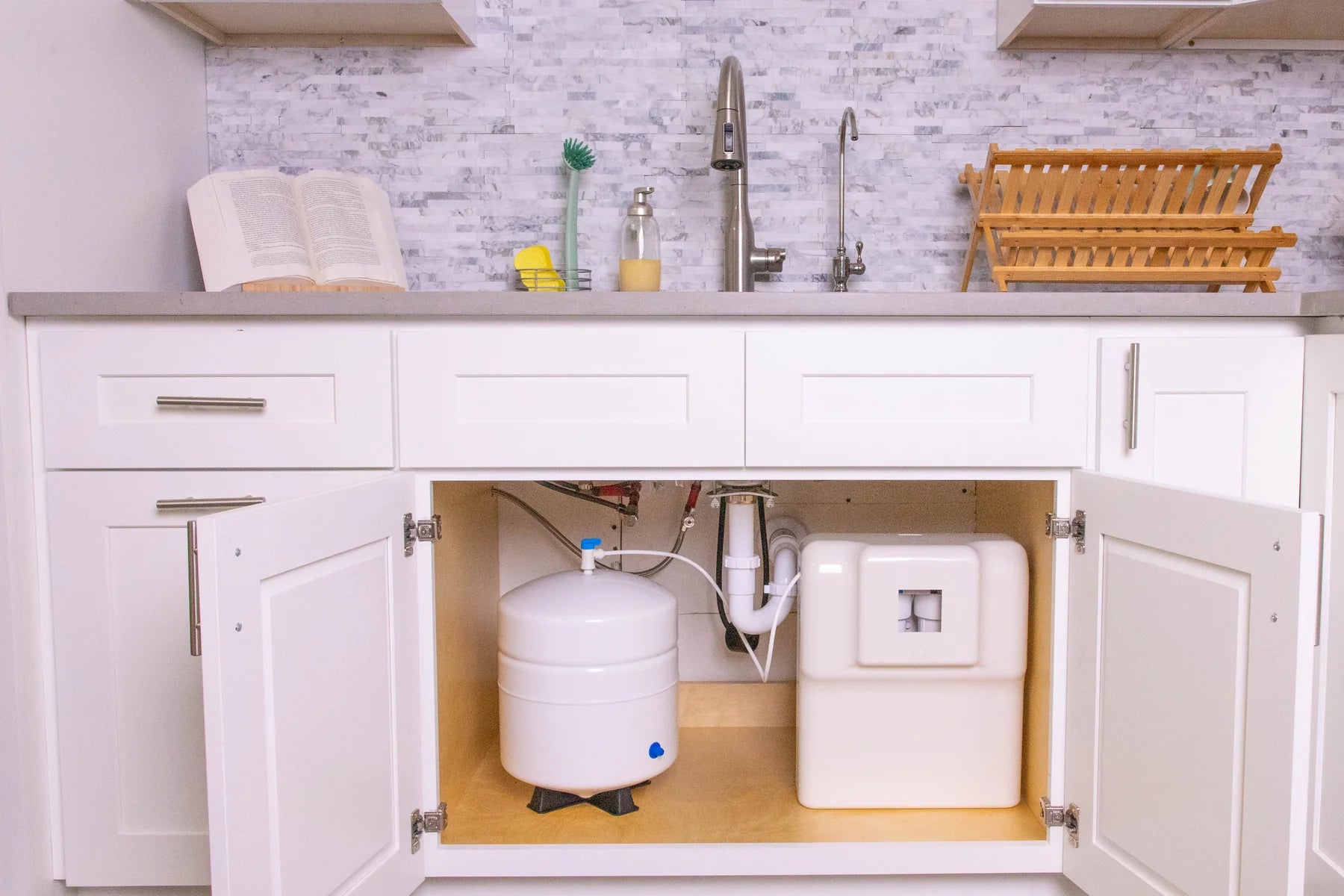How to avoid water pollution is one of the most urgent questions for anyone who cares about the environment and public health. Water pollution threatens drinking water supplies, aquatic ecosystems, and even food safety. Understanding practical ways to prevent water contamination can empower individuals to reduce the pollutants entering lakes, rivers, and oceans. By adopting simple habits every day, you can play a vital role in protecting this precious resource. This article explores the causes and effects of water pollution, then dives into five practical and effective ways to minimize pollution in daily life.

Understanding How to Avoid Water Pollution: Causes and Consequences
Common Causes of Water Pollution
Water pollution arises from multiple sources, primarily linked to human activities. Industrial discharge, agricultural runoff, sewage, improper waste disposal, and plastic debris are some major contributors. Chemicals, heavy metals, and nutrients - like fertilizers - enter water systems through runoff or direct dumping, contaminating both surface and groundwater. Understanding these causes is essential in learning how to avoid water pollution effectively.
Effects of Water Pollution on Health and Environment
The effects of water pollution impact both ecosystems and human health. Contaminated water can carry pathogens causing illnesses such as cholera, dysentery, and typhoid. Toxic chemicals and heavy metals threaten aquatic life, leading to biodiversity loss and disruption of food chains. Economically, polluted water can harm fisheries, agriculture, and increase water treatment costs. These consequences highlight the urgent need for prevention efforts.
Five Practical Ways to Avoid Water Pollution in Everyday Life
1. Proper Disposal of Household Chemicals and Waste
Many everyday products, like paints, oils, and cleaning chemicals, can severely pollute water if disposed of improperly. Never pour these substances down drains or toilets. Instead, use designated hazardous waste collection programs in your community. Securely store and dispose of expired medications responsibly to avoid pharmaceutical contamination.
2. Reduce Plastic Use and Prevent Plastic Pollution
Plastic is a persistent pollutant that breaks down into microplastics, contaminating waterways and drinking water. Minimizing single-use plastics, using reusable bags, bottles, and containers, and recycling properly can significantly reduce plastic waste entering water bodies.
- Use a reusable water bottle instead of buying disposable plastic bottles.
- Bring reusable bags to grocery stores.
- Choose products with minimal plastic packaging.
- Participate in local clean-up events to remove plastic litter from waterways.

How to Prevent Water Contamination Through Smart Water Use
Conserving Water to Reduce Pollution Load
Using less water means less wastewater requiring treatment and less chance of untreated discharge entering natural waterways. Fix leaks, turn off taps when not actively using water, and install water-efficient appliances to cut water waste and pollution simultaneously.
Preventing Runoff to Protect Groundwater and Rivers
Runoff from lawns, streets, and construction sites carries pollutants into water bodies. Planting native vegetation, using rain barrels, and avoiding over-fertilizing lawns help absorb water and reduce contaminant flow into rivers and lakes.
How to Prevent Water Pollution from Industries: Supporting Cleaner Practices
Industrial Causes and Challenges
Industries release various pollutants, including toxic chemicals and heavy metals, into water sources. Controlling industrial discharge is crucial but often complex, requiring regulatory oversight and corporate responsibility. As consumers, supporting companies with transparent environmental practices encourages industries to adopt cleaner technologies.
What You Can Do as an Individual
Advocate for stricter pollution controls and support businesses committed to sustainability. Reduce demand for products with large industrial pollution footprints. Staying informed and voting on environmental policies also drives systemic change to prevent industrial water pollution.
Simple Lifestyle Changes That Help Prevent Water Pollution
Use Eco-Friendly Cleaning and Gardening Products
Traditional cleaning agents and pesticides often contain phosphates and toxic chemicals harmful to aquatic life. Opt for phosphate-free detergents and natural pesticides to reduce harmful runoff. Homemade cleaners with vinegar or baking soda are effective and environmentally safer.
Properly Manage Pet Waste and Avoid Littering
Pet waste contains pathogens that pollute water, while litter can clog drains and waterways. Always clean up after pets and dispose of waste in trash bins. Avoid littering and participate in community clean-up events to protect local water quality.
How to Avoid Water Pollution: A Summary and Next Steps
Understanding the causes and effects of water pollution underscores the importance of everyday actions to protect our water. From properly disposing of chemicals, reducing plastic use, conserving water, supporting cleaner industrial practices, to adopting eco-friendly household habits, there are practical steps everyone can take. Learning how to avoid water pollution empowers you to contribute to healthier ecosystems and communities. For more information on protecting water resources and sustainable products, explore Clean River Water Store today.


